Sweat beads formed on my brow as soon as he removed the ice-cold washcloth. My matted hair straggled across the pillow; sheets wet with fever lay limp at the foot of the bed, almost slipping to the floor.
An ovened sun, begging to come from behind the curtains did not help the heat dissipate, so he gently soaked the washcloth, stroked my hair and held the cloth in place on my forehead. At some point I drifted to sleep but awakened with a start. The fever simply would not let go.
His inadequacy, his fatherly desperation at not knowing what to do showed. He stood up and left the room. I heard the car making its way down the driveway. I was too tired to wonder where he was going; I drifted off again.
He returned some time later with tea. It was black. I never drank black tea but the smell of vanilla pierced my congested nose and I inhaled deeply. All I wanted was nothing, but he started speaking: gently, ever so gently.
I lay my head back down, closed my eyes and turned my head so my ear would catch his gentle voice.
My grandparents took him out of school for a year and ferried him to the Seychelles to be with them. He was 16: young and very much alive, coming into manhood.
On this island of abundance he found himself working on a vanilla plantation. His job: propogation.
He spoke of the delicate flower as if it was the body of a woman he was caressing. He would gently lift the stamen of the female plant and place it on the male parts to propogate the delicate plant that permeates all of the world we live in.
He described the inner walls of the female flower in such intense detail that I fell in love with a plant I had never stopped to observe for more than a second.
His days would consist of fishing in large, handcrafted fishermen vessels, finding food for the evening.
After his plantation hours he would pick ripe papayas from the trees. The family’s consumption of these womb shaped fruits would dye their skin a deep orange because of its rich flesh.
Days would blend into evenings like oil paints on a canvas, sea water lapping at the steps of his hut where he would lay his weary body down to sleep.
My fever raged but my heart was elsewhere. My lips sipping the vanilla tea transported me, held me there. My eyelashes closed as he continued stroking my hair.
This feverish afternoon opened my heart to the magnificence of the human form: mostly the beauty of the female curve, the contours of her mountainous landscape.
Recently, poetry re-awakened this for me, brought it into my present. Reading “Lady Love”, “Compass Rose” and “On Anatomy and Physiology” brings back those same feverish murmurings that opened me to beauty.
And so my rolls of film have spilled out of the cupboards again. My camera has been leaning into folds of skin and hair.
Photos and post By Claire Burge, owner Claire Burge Photography
___________
Buy a year of Every Day Poems, just $5.99— Read a poem a day, become a better poet. In May we’re exploring the theme Roses.
- Be Bold! Your Creativity Needs It - January 7, 2014
- Spin Creativity Book: A Ticklish Excerpt - December 18, 2013
- Using Lists To Prioritise Creativity In Your Diary - December 3, 2013
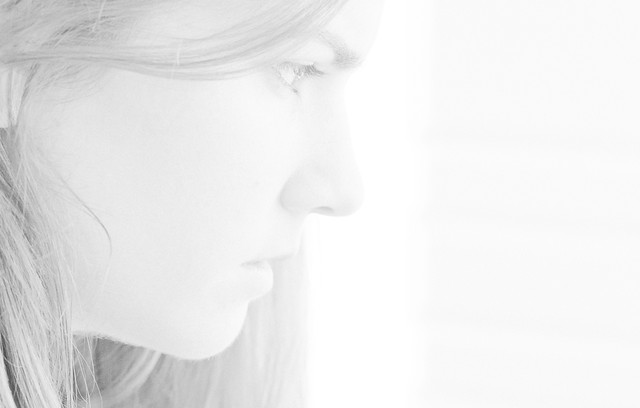

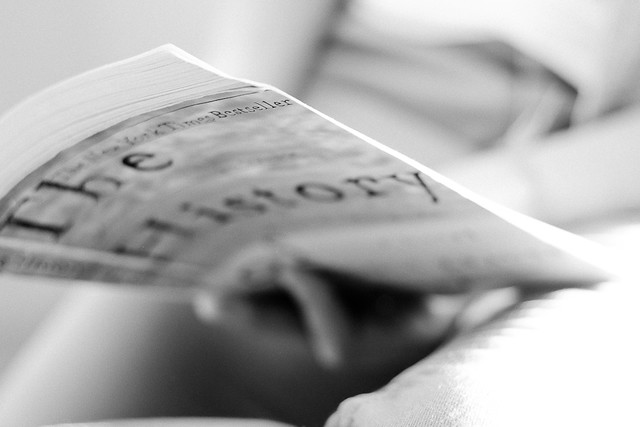
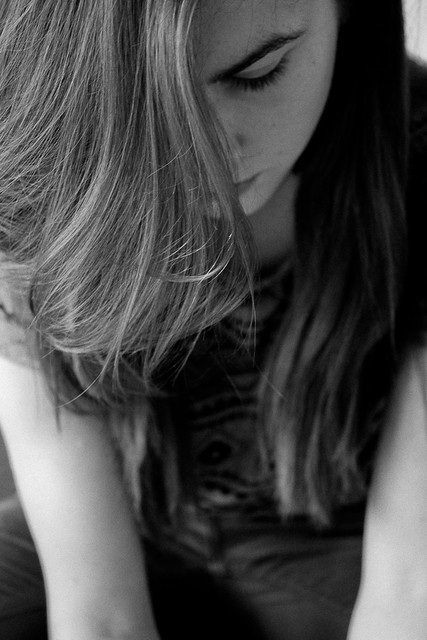
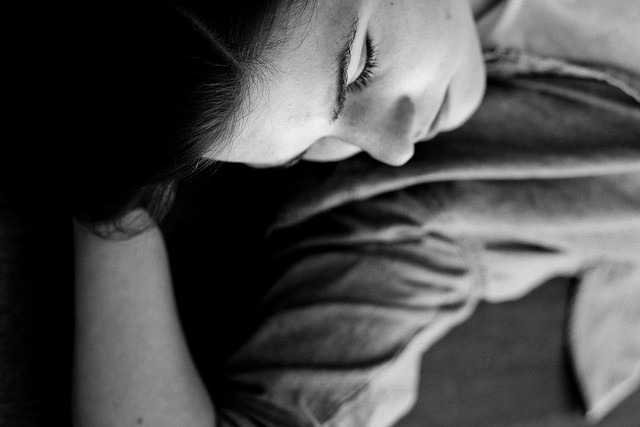
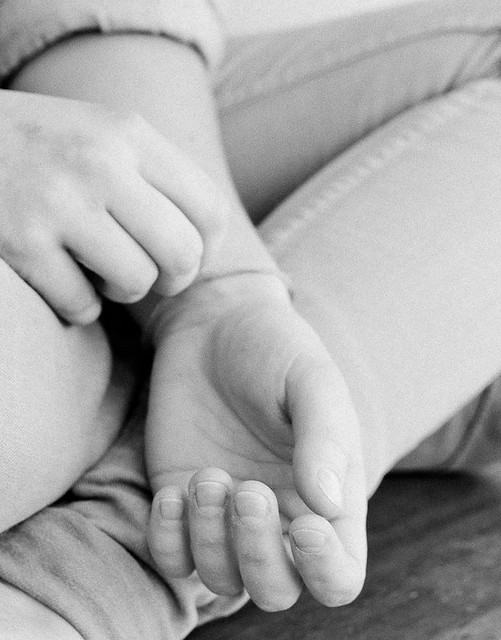


Megan Willome says
This is beautiful, Claire.
Maureen Doallas says
Beautiful photo essay.
L.L. Barkat says
Crushingly beautiful.
Finding a way to be with your father again, through memory and art and building from what he’d given you is so deep, so rich. It almost suspends time and the reality of loss.
I am taking this with me, Claire. Not just today, but into life and its losses.
L.L. Barkat says
Also, Claire, I am just now touched in a secondary way by the images. Of course they are powerful in their placement, speaking a private language with the words they surround and touch.
But, on second look, I am struck by the “unbearable lightness of being” communicated by the photo order—from absolute barely-there on forward, coming darker and darker, more tangible, as you reach into the memory of your father… but then back to lightness (although not as ghostly as the first photo). I wonder if you did this consciously? Now that I see it, I cannot un-see it.
Simply Darlene says
And that history book image…
Do you think it’s a combination of spring, with all the new life eking itself out from the brown & rot & soggy, that gives us a renewed and firmer grasp on how our histories continue to flow in our veins?
Beauty.
Full.
Thanks for sharing this.
davis nancy rosback says
left thinking of the image of curve…
Diana Trautwein says
This is simply stunning. Each word, each picture. Thank you so much, especially for the reminder that human beings are incredibly beautiful creatures – every crevice, every fold.
Of course, some of us have a few more folds than others. But I’m coming to appreciate even those as I age. They tell a story, a rich story of fecundity and nurturing and even, here and there, of joyous abandon.
Even old bodies hold miracles it seems.
laura says
So evocative, Claire. Just breathtaking. And, is that The History of Love the girl in the picture is holding? One of my favorites :). Love to you, lady.
Monica Sharman says
One of my favorite memories of my dad is of him kneeling or bending wordlessly, tenderly rubbing my back, while I was sick and vomiting.
And his telling his own story…well, that showed he knew just what to do.
V.C. Sherman says
Very nice descriptive overlay. I can feel your words flow from sensitivity..Very nice Claire